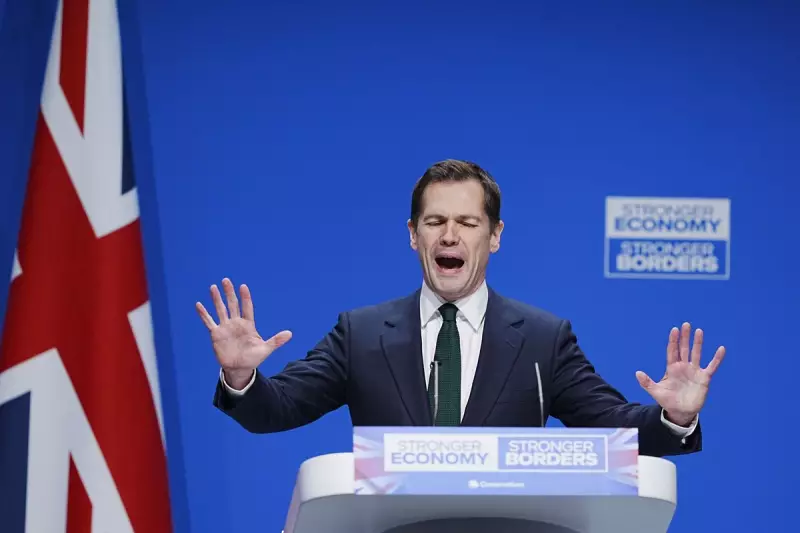
In a blistering attack from overseas, former Immigration Minister Robert Jenrick has accused Sir Keir Starmer of planning to run Britain through "government by WhatsApp" if Labour wins the next general election.
The dramatic comments came during a Conservative Party conference in Mumbai, where Jenrick didn't hold back in his criticism of the Labour leader's approach to governance.
WhatsApp Jibe Sparks Political Firestorm
Jenrick claimed that a future Starmer administration would bypass traditional government structures in favour of informal messaging groups. "What we would have is government by WhatsApp," he declared to assembled delegates.
The former minister, who resigned from Rishi Sunak's government over the Rwanda bill, suggested this approach would lead to chaotic decision-making without proper process or accountability.
Broader Attack on Labour's Credibility
Jenrick's criticism extended beyond Starmer's alleged communication preferences. He launched a comprehensive assault on Labour's preparedness for government, questioning whether the party had sufficiently detailed policies to tackle major challenges.
"Do they have a plan for stopping the boats? Do they have a plan for reducing immigration? Do they have a plan for growing the economy and improving public services?" he challenged.
Badenoch Joins Conservative Offensive
Business Secretary Kemi Badenoch echoed the anti-Labour sentiment at the same event, positioning the Conservatives as the party of economic competence. She emphasised the government's focus on "sound money" and fiscal responsibility.
The coordinated attacks suggest the Conservatives are preparing to make Labour's governing competence a central theme of their election campaign, attempting to portray Starmer's team as unprepared for the complexities of running the country.
International Stage for Domestic Battle
Holding the conference in Mumbai provided a global backdrop for what is essentially a domestic political confrontation. The choice of location underscores the Conservative Party's focus on international trade and relationships with growing economies.
However, critics may question whether such attacks delivered abroad demonstrate the unity and focus the government claims to possess.
The exchange sets the stage for what promises to be a fiercely contested election campaign, with governing style and process becoming unexpected battle lines between the major parties.





